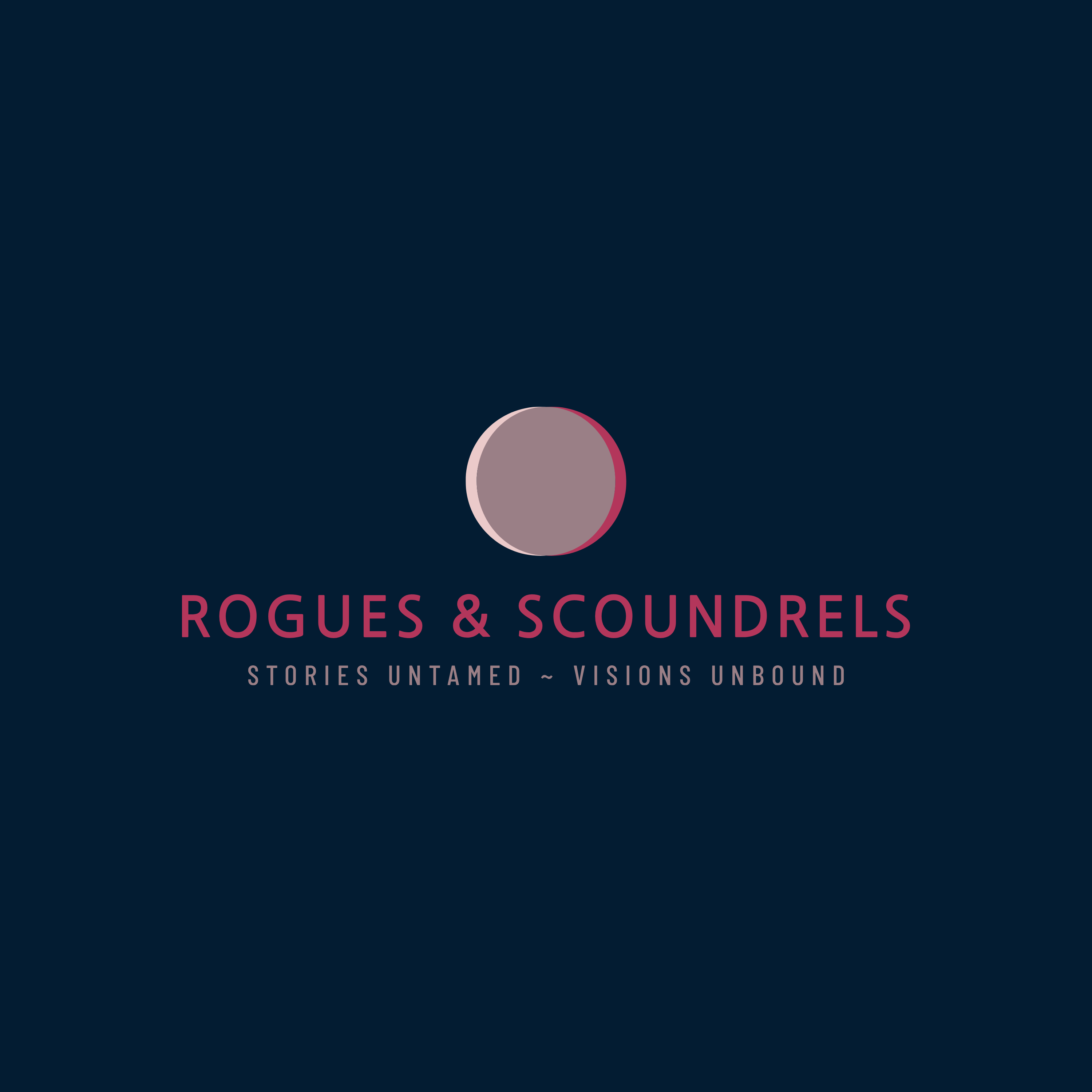I’m Sorry, Were You Speaking or Was That My Protagonist?
- Rogues & Scoundrels

- Jun 19
- 4 min read

The invitation said casual.
I brought wine, charm, and a character suffering from abandonment issues.
I didn’t mean to.
But there I was, midway through the soup course, watching someone butter bread and thinking:That’s exactly how Gary deflects intimacy.
I wasn’t present.
I was plotting.
My friends were annoyed.
My protagonist got a new motivation.
The next morning, coffee was poured, weak, hopeful.
But halfway through my second sip, I realised it wasn’t caffeine I was craving - it was closure for a fictional man with a god complex.
Classic mix-up.
By cup three, I’d stopped pretending.
The mug got heavier.
I stirred in guilt, a splash of obsession, and just a whisper of cinnamon.
Breakfast of writers.
Welcome back
Late Night Musings with Rogues & Scoundrels
Solitude sharpens everything.
Not in a monastic, noble, write-by-candlelight sort of way. (Cue Enigma ‘sadeness’ - you’re welcome.)
Christ, that shows my age.
More in a… I just spent forty minutes watching light bend through the window and now I know what Gary regrets most kind of way.
It’s not silence that opens the door - it’s stillness.
The quiet moments between obligations, when the brain stops performing and starts excavating.
That’s when they speak.
Not loud - no trumpets, no speeches.
Just a line.
A glance.
A flicker of feeling that belongs to someone who isn’t real… except to me.
I used to resist it - this uninvited intimacy.
I’d shut the laptop.
Do the laundry. Make plans.
But they’d wait.
They always wait.
And when the world finally quiets -
after the kitchen is clean, the emails go unanswered, and the fifth
“Are you still watching?” appears - they come.
Not with plot points, but with pain.
Desires. Secrets.
The kind of things you can only hear when you’re alone… and actually listening.
Backstory is never just backstory.
It’s confession dressed in character development.
And solitude?
It’s the confessional booth.
But here’s the trap.
Sometimes, the backstory grows teeth.
It stretches. Widens.
Demands more real estate than the story itself.
What began as motivation becomes a manifesto.
You were writing a scene - now you’re charting a childhood.
You just needed a reason she doesn’t trust people,
and suddenly you’ve written six pages on the winter she spent eating dried fish in a monastery in northern Scotland, while her grandfather periodically visits her.
It’s good.
It’s so good.
Too good.
Because that’s the thing about backstory -
It doesn’t want to stay in the back.
It’s got opinions.
It wants centre stage.
It wants lighting. A monologue. Maybe a rewrite clause.
And sometimes, it gets it.
Because you, dear writer, are too in love.
You want the audience to understand.
To feel what you felt when that detail arrived, clean and perfect and heartbreakingly whole.
But here’s the question I ask myself (too late, usually):
Is this moving the story forward?
Or am I just indulging the part of me that needs to be heard?
Backstory can be ballast.
It keeps a character grounded.
But too much… and the whole ship sits too low in the water.
No movement.
Just depth.
Herein lies the balancing act I arrive at often in my late-night reflective musings:
If you don’t do the backstory… you don’t have a story at all.
It’s built on layers you wrote in the dark when no one was watching.
Backstory is the stitching.
The fabric behind the costume - hidden, but essential, giving shape to every sleeve and silhouette.
Without it, your protagonist’s rage is performative.
Their grief is hollow.
Their desire? A convenient plot point.
And let’s be honest…
Writers, the obsessive, detail-hungry lot we are, don’t accidentally write origin stories.
We steal. Lovingly.
That dinner party? Fuel.
The way your colleague clears their throat before every unwanted truth?
That’s your villain’s tell.
Your friend’s mid-sentence sigh when recalling an old flame?
Oh, that’s definitely Ragnhild thinking of the one who never came home.
We do the work.
The listening.
The slow, quiet assembling of motivations out of off-hand comments and awkward silences.
It’s not nosiness.
It’s devotion.
We’re building people who’ll live longer than us.
And that takes every twitch of real humanity we can gather.
Solitude is where it settles.
Where the fragments align.
Where all the stolen gestures, overheard confessions, and mental Post-it notes finally find form.
Not in the crowd.
Not mid-toast or between dessert and disappointment.
But later.
When the room is still.
When the wine stain on your shirt becomes symbolic.
When you finally hear your character whisper:
“You weren’t ready before. But now, let me show you why I walk the way I do.”
And suddenly… it all makes sense.
The wound.
The want.
The reason they flinch at kindness, or laugh when they should cry.
They are whole.
Because you were quiet long enough to hear them.
So yes, maybe I was a little rude at that dinner.
But trust me: Gary’s emotional repression arc is much stronger for it.
And perhaps the backstory is the story.
Or maybe, if we’re lucky, it’s just the beginning.
Do we write them?
Or are we just vessels they choose to speak through?
And when do we admit they sound a little too much like our inner monologue?
We don’t just craft characters.
We channel ghosts of guests past.
We forge souls out of soft obsessions.
And we tell stories - because otherwise, we’d just be rude at dinner.



Comments